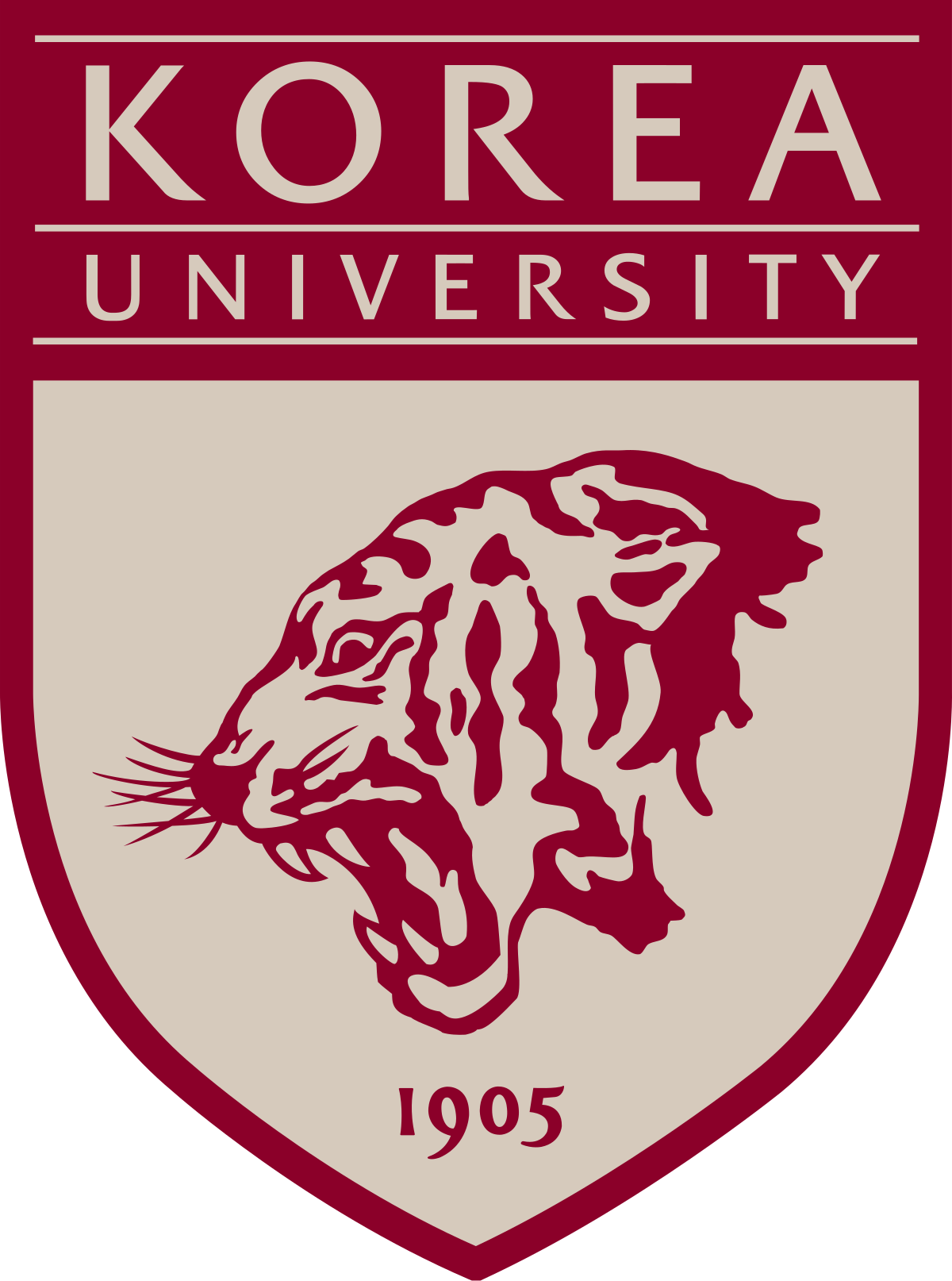Princeton University
Explore the rich history of Princeton University with this comprehensive timeline. From its founding in 1746 to its development into a leading global institution, discover the key events and milestones that have shaped Princeton University over the centuries.
Founding of Princeton University
Princeton University, originally known as the College of New Jersey, was officially founded on October 22, 1746. The school was located in Elizabeth, New Jersey at the time and was established by New Light Presbyterians to train ministers. The institution later moved to Newark and then to its current location in Princeton in 1756. It was the fourth college in the American colonies, after Harvard, Yale, and the College of William and Mary. It changed its name to Princeton University in 1896 to reflect its expansion beyond its original focus on theology and the liberal arts.
John Witherspoon Becomes President
On May 6, 1768, John Witherspoon was inaugurated as the sixth president of the College of New Jersey, which later became Princeton University. He played a crucial role in shaping the institution's future by broadening its curriculum and improving its financial standing. Witherspoon was a prominent Presbyterian minister and a signatory of the Declaration of Independence. His presidency greatly influenced the university's direction towards becoming a leading institution for higher education in America.
First College Football Game
In a significant milestone for college sports, the first intercollegiate football game was played on November 6, 1869, between Princeton and Rutgers University. The game took place in New Brunswick, New Jersey, and was played with a round ball under rugby-like rules. Rutgers won the historic match 6-4. This event marked the beginning of college football in the United States, evolving into the sport as it is known today with its own unique set of rules and passionate fan base.
African American Students Enroll
Princeton University has a long history of diversity and inclusion milestones. On October 18, 1921, the university enrolled its first African American students in the graduate program, marking a significant step towards racial integration in higher education. While it would take several more decades for full integration across all programs and aspects of campus life, this event signaled the beginning of a more inclusive era at Princeton. The journey towards equality continued with various policy changes and student activism over the years.
Institute for Advanced Study Established
The Institute for Advanced Study, one of the world's leading centers for theoretical research and intellectual inquiry, was established on December 27, 1933, in Princeton, New Jersey. Although it is a separate entity, the Institute has maintained close collaborative ties with Princeton University. Notable scholars such as Albert Einstein were among its first faculty members. The Institute has profoundly contributed to the academic environment of Princeton and has been a hub for scholarly research and discovery.
Woodrow Wilson Memorial Changes at Princeton
On September 29, 1938, Princeton University officially dedicated the Woodrow Wilson School of Public and International Affairs, named in honor of the 28th president of the United States and former president of the university. This development was part of Princeton's efforts to expand its curriculum in public and governmental studies. The school has since played a pivotal role in public service education and research. However, Woodrow Wilson's legacy has been debated due to his controversial views, leading to continued dialogue at the university.
World War II Training at Princeton
During World War II, Princeton University played a vital role in the training of military personnel. Starting on November 29, 1940, the campus became a center for Naval training programs that instructed thousands of officers. The university faculty adapted courses to meet military needs and the campus was transformed with facilities geared towards war efforts. This period marked Princeton's contribution to the national defense initiatives, balancing academic pursuits with patriotic service.
Princeton Admits First Female Undergraduates
A landmark event in gender equality at Princeton University occurred on September 23, 1969, when female undergraduates were admitted for the first time. This decision ended over two centuries of male-only enrollment and was part of a broader movement across Ivy League institutions to provide equal educational opportunities regardless of gender. The integration of women on campus brought diverse perspectives and ignited changes in traditions, culture, and academia at Princeton, setting a precedent for future generations.
Hurricane Sandy Affects Princeton
Hurricane Sandy, one of the most destructive hurricanes to hit the northeastern United States, had a significant impact on Princeton University when it struck on November 4, 2012. The storm caused widespread power outages, flooding, and significant damage to many parts of the campus. The university had to cancel classes and activities, while emergency crews worked tirelessly to restore services and ensure the safety of students and faculty. The event highlighted the need for improved infrastructure and emergency preparedness.
Princeton Renames Campus Buildings
On April 4, 2016, Princeton University announced the decision to rename several campus buildings after a review of the legacies of historical figures they were named after. This decision was a result of ongoing dialogue about race, history, and representation on campus, particularly focusing on Woodrow Wilson due to his documented racist ideologies. The renaming was part of a broader effort to address historical narratives and align the university's commitment to diversity and inclusion with visible changes.
Frequently asked questions about Princeton University
Discover commonly asked questions regarding Princeton University. If there are any questions we may have overlooked, please let us know.
When did Princeton University change its name from the College of New Jersey?
When were women first admitted to Princeton University?
What is the significance of Nassau Hall in Princeton University's history?
When was Princeton University founded?
Related timelines
More timelines connected to Princeton University



